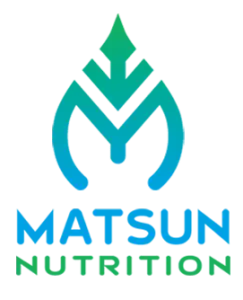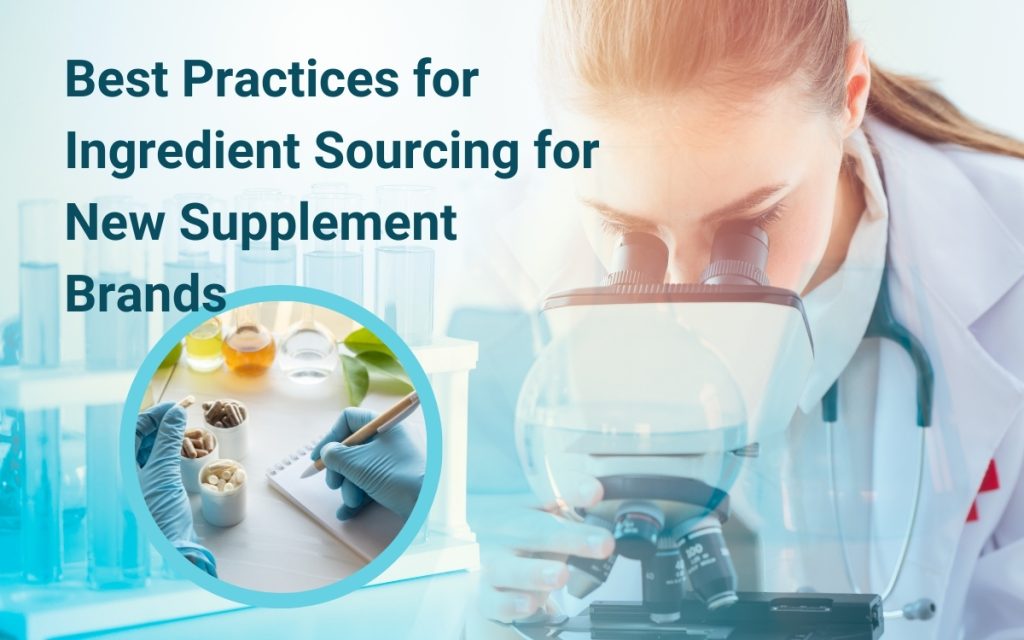 On January 14, 2014 the Food and Drug Administration (FDA) released two final reports providing guidance to determine the clear cut line between dietary supplements and beverages. Over the past few years there has been increased marketing in both dietary supplements and food beverages. Most products have been misrepresented due to labeling, marketing and ingredients. According to the FDA the purpose of this guidance is to, “…describe the factors to consider when determining whether a liquid product should be marketed as a dietary supplement or a conventional food”. Here are the key points/examples on determining what is a dietary supplement and what is a beverage:
On January 14, 2014 the Food and Drug Administration (FDA) released two final reports providing guidance to determine the clear cut line between dietary supplements and beverages. Over the past few years there has been increased marketing in both dietary supplements and food beverages. Most products have been misrepresented due to labeling, marketing and ingredients. According to the FDA the purpose of this guidance is to, “…describe the factors to consider when determining whether a liquid product should be marketed as a dietary supplement or a conventional food”. Here are the key points/examples on determining what is a dietary supplement and what is a beverage:
- Labeling and Advertising- FDA considers statements and graphics on any and all marketed items. Supplement companies cannot use words such as “refreshing”, “rehydrate”, or any words relating to conventional beverages.
- Product Name- A supplement company can not name its products with conventional food names such as “beverage,” “drink,” “water,” or “soda”. This is also true with beverage companies when they use words such as “dietary” or “supplement”.
- Product Packaging–Packaging and design of supplemental items can not be designed to resemble conventional food items. The FDA considers “implied” representation when discerning bad marketing practices.
- Serving size and Recommended doses- The FDA takes into account the practical sizes of supplements and beverages. If a supplement is over a certain size, then it must be labeled as a beverage.
- Marketing- The FDA understands the ambiguity of marketing tactics so it takes into account all the labeling, packaging and verbiage used in describing products.
- Composition- The FDA takes into account the ingredients and the proportions of those ingredients to differentiate between supplements and conventional food items. For example, if Coke decided to make a vitamin-cola, and kept the same coke formula, but just added vitamin A, then it still would be considered a beverage, because of the same proprietary ingredients .
- Directions- Recommendations or directions to use a product as a “thirst quencher” can be considered recommendations or directions to use that product as a beverage, replacing other beverages such as fruit juice, water or soda and thus represent the product as a conventional food.
- Other representation of product.- Any representation of products must be consistent and representative with a beverages specific category. Examples of alternative representations may include the product description documents when they are to be trademarked and/or patented, and also documents for international trade and sales.
Even though lines and specific regulations have been made, the distinctions between supplement and beverage is still a little gray. The FDA has made great progress differentiating between the two. Hopefully, in the future manufacturers will be able to work efficiently and productively without the worry of FDA product distinctions. You can read more about liquid vitamins and supplements on various liquid supplement blogs.



